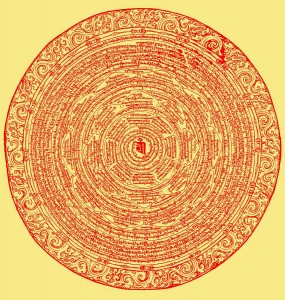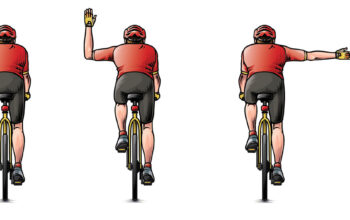
Most people, when asked, will say they have never chanted a mantra. The word “mantra” itself can be confusing, as it can be heard in reference to everything from fitness to finance. Mantra is a Sanskrit word that means a repeated sound made up of a syllable, syllables, or words. When defined that way, it becomes easier to see how we bring chanting and sound into our everyday life. Who hasn’t been behind a slow driver repeating, “Go go go!” and what Saints fan hasn’t chanted “Who Dat? Who Dat?”
The words we say, especially those that we repeat, can influence us in positive and negative ways. Think about how you feel, alone in your car, singing along to your favorite song on the radio: don’t we all have perfect voices when we sing alone in the car? And how is it on those days when you look in the mirror and start reciting a list of your flaws: bad hair, dark circles, etc. Those sounds and words have a personal meaning for you; they convey an intention and have a certain power. They can change the way you feel.
In light of the power that sound has, it isn’t surprising to see mantra and chanting are omnipresent in almost every culture in the world. It can be found in African and Native American tribal chants. In the Jewish tradition, it is called cantillation. Here in Covington, the public is welcome to listen to the monks out at St. Joseph Abbey as they chant vespers every evening at 5:30. In the Indian tradition, chants are usually from Sanskrit texts.
Many Sanskrit chants come from a text called the Vedas, which can be translated as “that which can be learned”. Though some of the chants can be pages long, most mantras derived from the text are single words or syllables. These mantras are focused and concentrated sound, that when repeated, are meant to have an effect on the body and mind. Just like music can be used to set a mood, mantras can help you relax or energize, calm or focus. This type of mantra can be used to help with insomnia or refocus and energize during the winter doldrums.
So, next time you are stuck in traffic or misplace your keys, try changing your mantra. Put on your favorite song, or chant “Om” or “Who Dat?” and see how your experience transforms.
Kelli Simon is a Certified Vedic Chant Teacher and yoga practitioner. You can contact her at [email protected].
Share the Health is a discussion/education series on health-related topics featuring home-grown experts and educators in diverse areas of health and wellness. The informal classes are held every Tuesday in October, 6:30 – 7 :15 pm at Our Place Studio, 338 N. Vermont Street in downtown Covington. Each class is donation based, and all proceeds go to charities of the speakers choice. The suggested donation per talk is $10, but any amount, large or small, is welcome!
Continuing in October:
October 22 – Tiffany Conner presenting “Change the Breath, Change the Mind” to benefit the Haiti Mission
October 29 – Dr. Janice Posey presenting “Acupuncture, Herbal & Food Therapy: What It Can Do for Your Pet” to benefit the St. Francis Animal Sanctuary
For more information about Share the Health please visit opcovington.com or call 985-875-1182.



